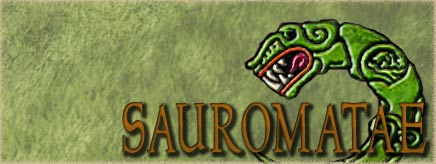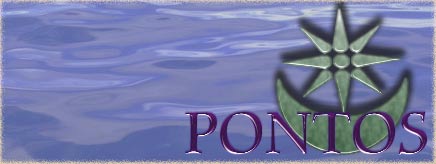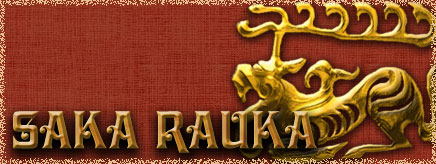Interesting. I was of the opinion that the Celtic and Germanic languages and for example Latin and Greek are quite closely related, stemming from the constructed Indo-Germanic idiom of the people who might have settled in Europe since the 3rd c. BC. I have no great knowledge about languages however.
Wether the old "Irish"/Goidelic people were "Celts" or not, I don't know. The material culture, as Brennus has explained, can make one doubt it. At least what we see from old Irish (names from the 2nd c. AD and inscriptions from the 5th c. AD onwards) it is clearly a Celtic language and a very homogenous one. As there are no archaeolocical signs for big migrations - deal with it.
The sentence in the fasti triumphales of the year 222 BC which mentions "de Galleis et Germaneis" is quite often explained as a later corruption done in the Augustean period.
I don't want to split hairs and be a smart-ass too much, but I have to say this as a little retribution for my presumably often funny English which gnaws at my conscience: the book in which Hans Kuhn (together with Rolf Hachmann and Georg Kossack) offers the theory of the "Nordwestblock" between Celts and Germans is named "Völker zwischen Germanen and Kelten", meaning "Peoples between German and Celts". You wrote "Peoples weld Germans and Celts" retranslated.

BTW I don't believe in the Nordwestblock-theory, the arguments based mainly on names are not so convincing. Since 400 BC there was a idiosyncratic settlement north of the presumably "Celtic" oppida culture region, with a lot of fortifications against threads from the south at the northern rim of the low mountain range in today Lower Saxony. The settlement can be continously materially related to those who live there in the Roman imperial period, the latter being clearly Germanic people.
An unrelated remark: I have huge problems to post in the forums with Internet explorer. I always get the notice "not logged in" after clicking "submit reply", although I'm shown as logged in. This is with Firefox, no problems with it.











 Reply With Quote
Reply With Quote



 donated by ARCHIPPOS for being friendly to new people.
donated by ARCHIPPOS for being friendly to new people. donated by Tellos Athenaios as a welcome to Campus Martius
donated by Tellos Athenaios as a welcome to Campus Martius
Bookmarks